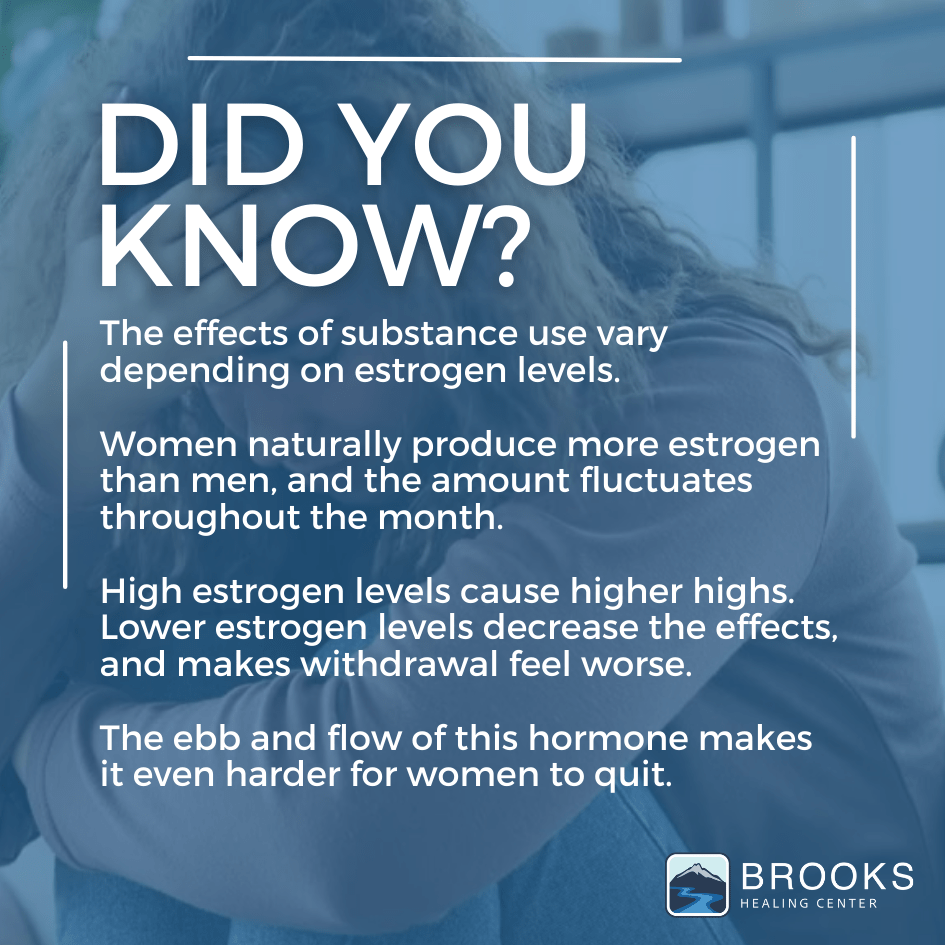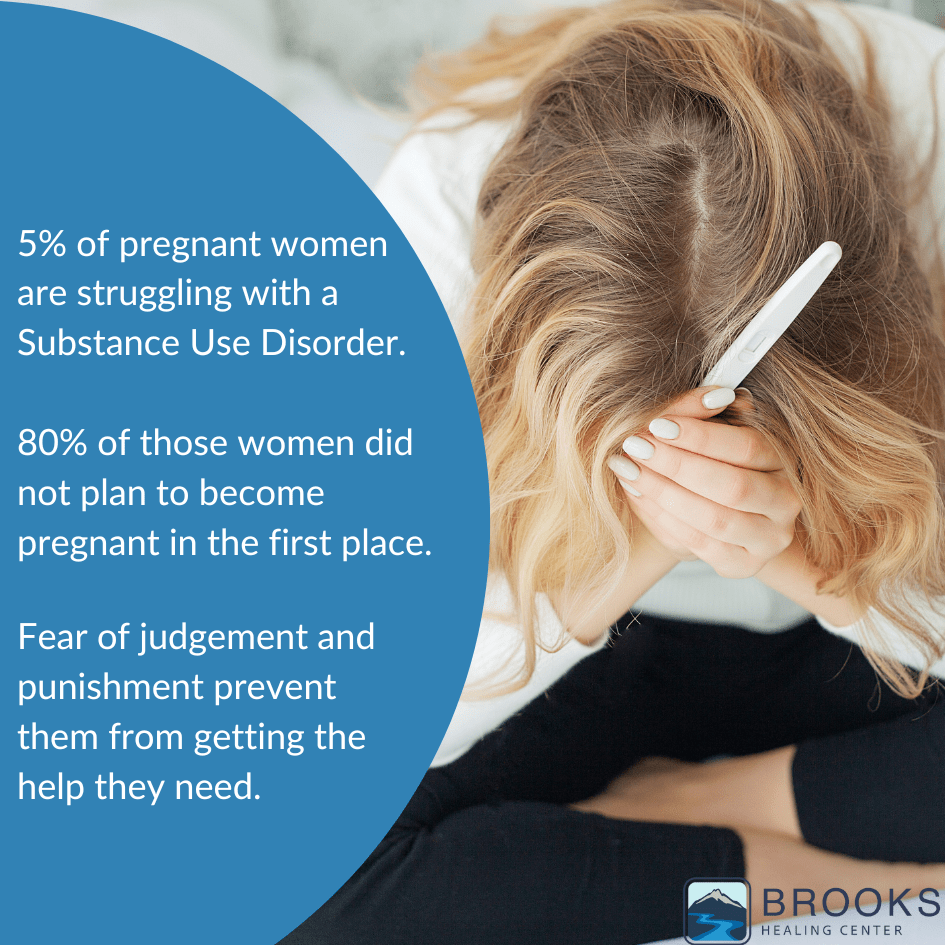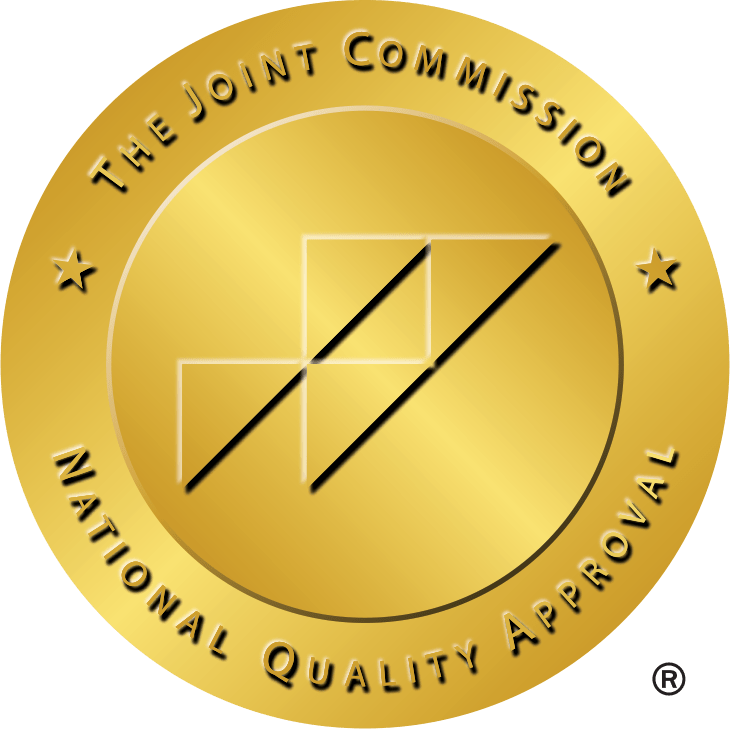While men are more likely to have an addiction, females have a harder time quitting due to biological differences. Societal pressure and shame are what make it hard for them to ask for help.
While men are more likely to have an addiction, females have a harder time quitting due to biological differences. Societal pressure and shame are what make it hard for them to ask for help.
Before we get into the nitty-gritty details, we must first acknowledge how addiction changes how the brain works. This applies to both males and females.
Whenever you do something you enjoy, the brain naturally produces dopamine to give the body a sense of reward. When drugs enter the body, this creates a heavier dopamine load than the body would produce naturally (1).
If drugs are consumed on a regular basis, the body will adapt to the routine and comprehend these higher levels of dopamine as normal. This is why withdrawal feels so bad.
This is a very basic overview of how it works. Click here for a more in-depth look at how drugs affect the brain and mental wellness.
Now, let’s dive into a few other factors specific to a biological female’s genetic make up.

Female Hormones* and The Brain
There’s plenty of evidence on how drugs hijack the reward hormone circuitry. By nature, women are more vulnerable to becoming addicted and staying addicted because of two specific hormones called estrogen and progesterone.
*A little disclaimer: These hormones are often referred to as “female hormones”. However, biological males produce these chemicals as well, just significantly less amounts and for different reasons. From here, we will only discuss them as they pertain to women.
Estrogen has many functions, including regulating menstrual cycles, contributing to female development, and is what makes a lady feel particularly attractive on her most confident days.
Progesterone is mostly associated with pregnancy and the body’s preparation for nurturing an unborn baby, but is also what stabilizes mood swings and works as a natural antidepressant.
These two hormones balance each other throughout the month, and it’s a very delicate system on its own. For example, stress has such a huge influence on the female reproductive system, it can delay a period, skip it entirely, or make it difficult to conceive.
And those are just natural complications. Adding drugs into the mix only complicates things more.
Studies have shown that if a woman’s estrogen levels are higher, she’ll have stronger reward effects from using substances. Progesterone combats estrogen’s pleasure-seeking behavior and actually decreases these effects (4).
The ebb and flow of these two hormones create higher highs from substance use and lower lows during withdrawal, which is part of what makes it harder for women to quit.
Substance Use & Pregnancy
While a surprise pregnancy can motivate some people to turn their lives around, unplanned pregnancies usually put even more stress on women who aren’t emotionally or financially equipped to raise a child. And it certainly doesn’t make it any easier to quit using drugs.
5% of pregnant women have a SUD (2), and 80% of those pregnancies were unplanned (3).
Babies are 2-3 times more likely to be stillborn when the mother uses substances during her pregnancy. Other risks include smaller baby weight, birth defects, and Neonatal Abstinence Syndrome (2), where the baby is born with withdrawal symptoms.

The risks don’t end after childbirth. If a mother breastfeeds and while using substances, this increases the chance of Sudden Infant Death Syndrome (SID) and infections. Any mother suffering with SUD should seek medical advice before breastfeeding.
For example, heroin, cocaine, and marijuana are a few drugs that are more likely to be passed onto the baby through breast milk, so a doctor would recommend not breastfeeding or discontinue substance use.
Some people may read this and think, “How can someone keep doing drugs knowing they’re pregnant? If it were me, my baby would be all the motivation I need to quit.”
It’s easy for someone to judge when they underestimate how serious addiction can be, shifting attention away from the mother and why she started using in the first place.
The fear of judgment like that and fear of punishment are why a lot of women (pregnant or not) don’t get the help they need.
Viewing them as bad people, bad parents, or even criminals won’t make them come forward and get treatment. What they need is empathy, understanding, and support during such dire straits.
If you’re struggling with SUD while pregnant, plan to be, or think you might be, Brooks Healing Center will welcome you with open arms and open hearts just the same.
Why Do Women Stay Silent About Addiction?
Why Do Women Stay Silent About Addiction?
Drug use already comes with a slew of negative connotations, such as that it’s a sign of irresponsibility and moral failing.
Sources:
- The Physical & Mental Effects of Drug Abuse | Gateway Foundation
- https://nida.nih.gov/publications/drugfacts/substance-use-in-women
- It’s True – Women Do Experience Addiction Differently – Drug Rehab Options (rehabs.com)
- Sex Differences and the Role of Estradiol in Mesolimbic Reward Circuits and Vulnerability to Cocaine and Opiate Addiction – PMC (nih.gov)
- https://americanaddictioncenters.org/co-occurring-disorders/in-women</li>




